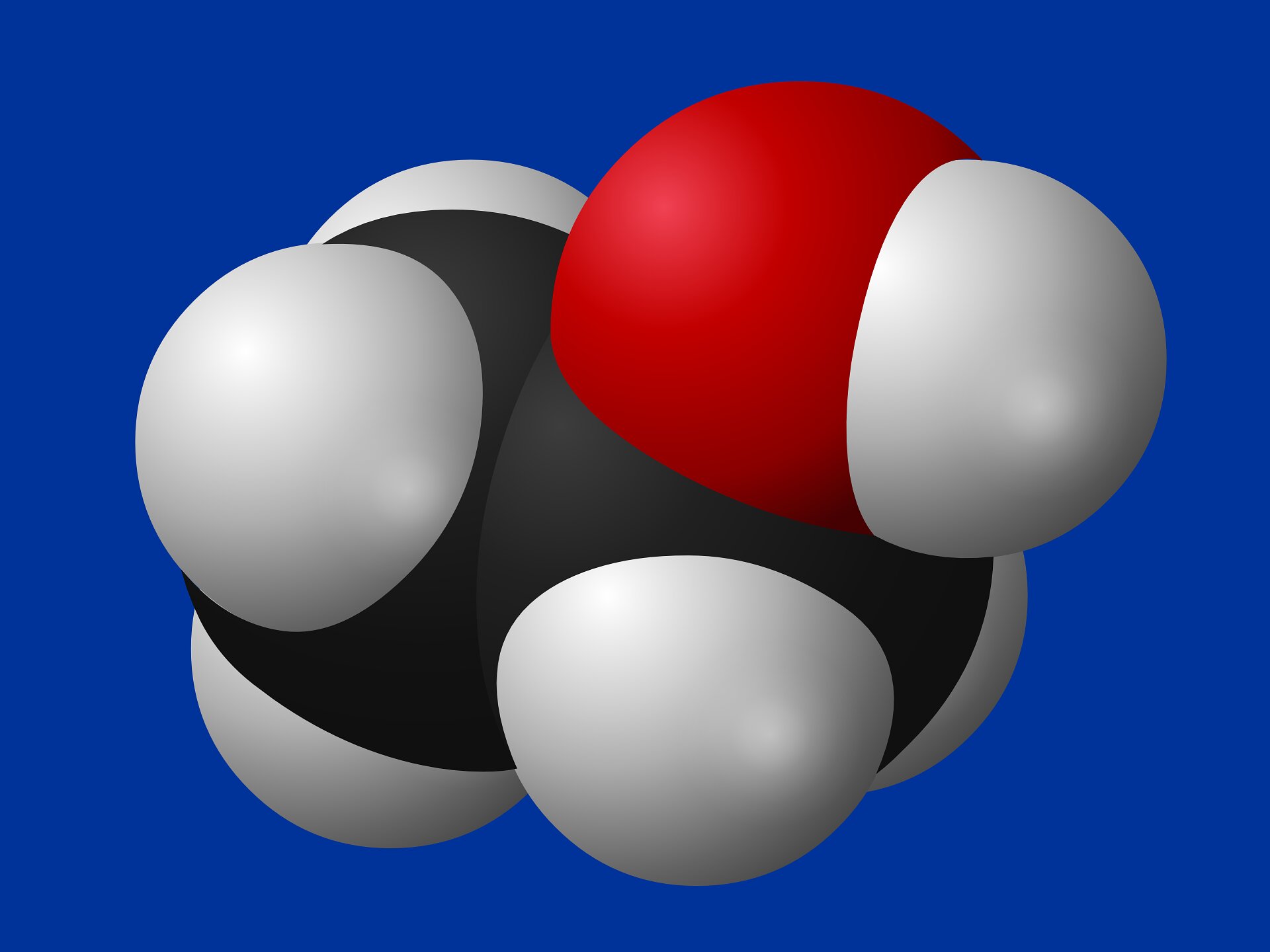- cross-posted to:
- [email protected]
- cross-posted to:
- [email protected]
“The rule in question, known as Bredt’s rule in textbooks, was reported in 1924. It states that molecules cannot have a carbon-carbon double bond at the ring junction of a bridged bicyclic molecule, also known as the “bridgehead” position. The double bond on these structures would have distorted, twisted geometrical shapes that deviate from the rigid geometry of alkenes taught in textbooks.
…A paper published by UCLA scientists in the journal Science has invalidated that idea. They show how to make several kinds of molecules that violate Bredt’s rule, called anti-Bredt olefins, or ABOs, allowing chemists to find practical ways to make and use them in reactions.”Anti-Bredt double bonds have been a thing for a long time. Taxol (Paclitaxol) comes to mind.
Sorry if this is touched on in the article. I’m going to read it now.
As a chemist when I read such a title I already know it’s one of those organic chemistry rule of thumb rules. All of them are named and most of them old and from text books. Such rules are useful rules for drawing stick figures of molecules. They are not the same as actual rules of physics for example.
But it’s always cool when someone finds out how to make molecular structures we thought wouldn’t work.
Big deal. How much years is the half-life time of information in molecular science?
deleted by creator
Science “news” from university press offices is almost uniformly crap.
What are your specific complaints about this article?
Just the general over-hyping in the headline. ABOs are hard to make due to instability. Other papers have hinted at ways to create and trap them, and now these authors did so.
Every discovery has to overturn some old rule and have promising applications in life-saving medicines or some such. You can scroll through some more of the gob-smacked headlines from press releases at the bottom of the abstract.




